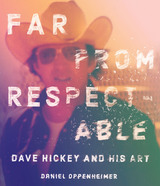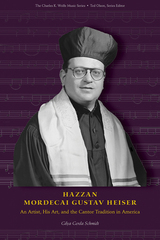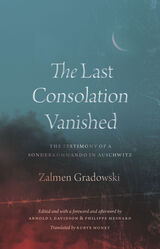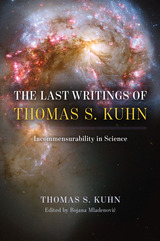
Finalist, 2021 Writers’ League of Texas Book Award
Regarded as both a legend and a villain, the critic Dave Hickey has inspired generations of artists, art critics, musicians, and writers. His 1993 book The Invisible Dragon became a cult hit for its potent and provocative critique of the art establishment and its call to reconsider the role of beauty in art. His next book, 1997’s Air Guitar, introduced a new kind of cultural criticism—simultaneously insightful, complicated, vulnerable, and down-to-earth—that propelled Hickey to fame as an iconoclastic thinker, loved and loathed in equal measure, whose influence extended beyond the art world.
Far from Respectable is a focused, evocative exploration of Hickey’s work, his impact on the field of art criticism, and the man himself, from his Huck Finn childhood to his drug-fueled periods as both a New York gallerist and Nashville songwriter to, finally, his anointment as a tenured professor and MacArthur Fellow. Drawing on in-person interviews with Hickey, his friends and family, and art world comrades and critics, Daniel Oppenheimer examines the controversial writer’s distinctive takes on a broad range of subjects, including Norman Rockwell, Robert Mapplethorpe, academia, Las Vegas, basketball, country music, and considers how Hickey and his vision of an “ethical, cosmopolitan paganism” built around a generous definition of art is more urgently needed than ever before.

But this book is more than a memorial to Heiser. Schmidt melds decades of archival research, conservation efforts, family interviews, and trips to Jerusalem and Berlin into a critical reconstruction of the life and vision of Hazzan Mordecai Gustav Heiser in the multiple contexts that shaped him. Coming of age in Berlin in the afterglow of the Second German Empire meant that young Gustav had tasted European Jewish culture in a rare state of refinement and modernity. But by January 30, 1940, when he reached New York with his wife, Elly, and two-and-a-half-year-old daughter, Judith, Cantor Heiser had lost nearly all of his living family relations to the extermination programs of the German Reich, after narrowly surviving a brief incarceration at Sachsenhausen.
While Cantor Heiser’s art was steeped in nineteenth-century tradition, Schmidt contends that Heiser’s music was a powerful affirmation of Jewish life in the twentieth century. In a final chapter, Schmidt describes his influence on the American cantorate and American culture and society.

This is a stunning achievement: an examination of all of Nikolai Leskov's fiction, exploring the relationship between his personality and his art, between his life experience and the form and content of his works. It is the first book-length study of Leskov in English and the most comprehensive in any language.
Leskov (1831–1895) is a major figure in the great tradition of nineteenth century Russian fiction. He was underestimated in his lifetime by Russian critics, partly for political reasons (in an age dominated by radicals he opposed revolution and stressed improvement of individual moral standards) and partly for literary ones (in an age of giant novels, his best work was in the shorter forms). Yet he remained popular among readers, and since his death his reputation has steadily risen, despite official Soviet disapproval of his religious interests and antiradical stance. Hugh McLean's biographical account and analysis of Leskov's novellas and stories place the writer in Russian social, intellectual, and religious history.
READERS
Browse our collection.
PUBLISHERS
See BiblioVault's publisher services.
STUDENT SERVICES
Files for college accessibility offices.
UChicago Accessibility Resources
home | accessibility | search | about | contact us
BiblioVault ® 2001 - 2024
The University of Chicago Press









